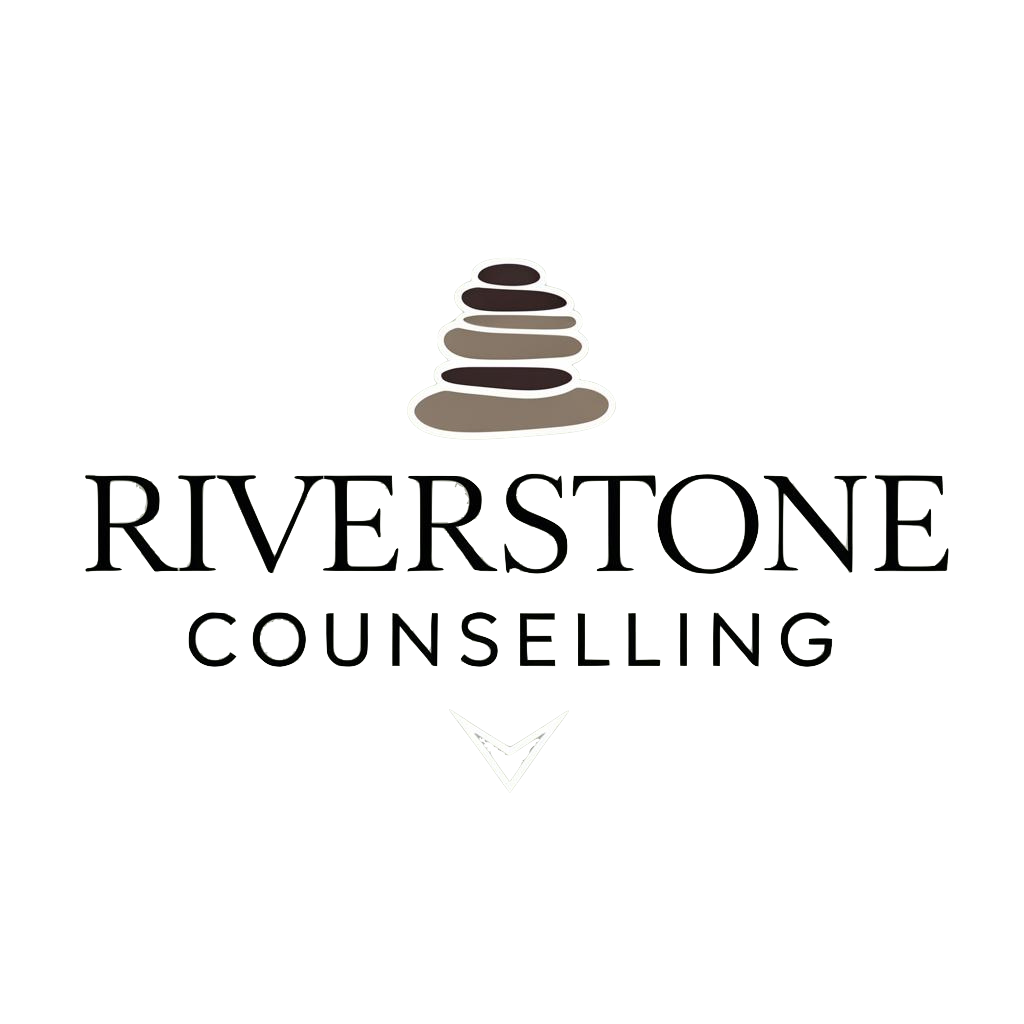Jeff Halvorsen PhD RSW
I earned my PhD from the University of Calgary’s Faculty of Social Work in 2022, followed by post-doctoral training focused on wellbeing, stress, trauma, and navigating major life transitions. I currently hold positions as an Adjunct Professor with Faculty of Social Work at the University of Calgary, a Post-doctoral Fellow in the Department of Philosophy at University of Victoria, and Associate Faculty in Justice Studies at Royal Roads University.
Before entering academia, I spent over 15 years working in the community with individuals facing complex challenges—addictions, homelessness, serious mental illness, trauma, violence, abuse, anxiety, depression, grief, racism, and gender-based and sexual violence. These experiences deeply shaped my approach and taught me the power of resilience.
Through this work, I’ve learned that healing begins with a safe, trusting therapeutic relationship—one where you are in control. With that foundation, we can explore and address whatever challenges you're facing.
Learn more about Dr. Halvorsen’s work:
Micheal White, founder of narrative therapy
“The person is the person, the problem is the problem.” - you are not your problems
Carl Rogers, founder of Person-Centered Therapy
“Unconditional positive regard” means unwavering acceptance and support
My Approach
-
Sometimes we can forget that we have bodies and that our thoughts, emotions, and the resulting behaviours are grounded in our physical bodies (including the brain). When we are nervous about a big meeting, an upcoming test, or remembering a past trauma, our bodies often tenses up - our jaws clench, hunch our back, blood flows out of our digestion system and we get stomach upset, and these responses kick off a negative reinforcing cycle of thoughts and bodily responses. Practices like meditation and grounding exercises help us to change our physical state, and can change our thoughts and emotions.
-
Fancy words for a collection of practices that work.
Dialectical Behaviour Therapy (DBT) helps people learn practical skills to manage emotions, handle stress, and improve relationships. It’s especially helpful if you often feel overwhelmed or stuck in patterns that are hard to change. At Riverstone Counselling, we use DBT to support you in building a more balanced and fulfilling life, one step at a time.
-
Thoughts aren’t facts. As we go through life we have many experiences that develop into core beliefs, particularly experiences we have at a young age, that end up as “Core Beliefs” and change how we interpret events, the thoughts we have, and the feelings and behaviours that emerge. Together, we can pull those up and take a look at them and ask, “what’s working for me, and what’s not working”
-
Instead of asking what’s wrong with you, Trauma Informed Practice directs our attention to what happened to you. Trauma often involves a loss of safety and control. In our sessions, we endeavour to first make you feel safe, then feel in control of what happens in the sessions. We work collaboratively and build trust as we explore ways that you can take back control and process these experiences so that over time these memories are less flooding/ activating and intrusive.
-
The person-in-environment approach looks at people within the full context of their lives. It recognizes that someone’s challenges aren’t just about who they are as a person, but also about their surroundings—like family, community, culture, and systems they interact with. For example, struggles with career, discrimination, or lack of support can affect mental health and choices. This perspective helps us see that behavior is shaped by more than just individual traits; it’s also about what’s happening around them. So instead of blaming the person, we consider how their environment impacts their situation and well-being.
-
All cultures use stories to organize people around them. We use stories in our own lives to build our identities, who we are, and create meaning in our lives. Paying attention to our core stories and the language we use to describe ourselves, our problems, and what is precious to us is central. We can work together to re-author those stories.
-
Building on Trauma Informed Practice, Strengths and Response Based Practices add to the question of what happened to you by focusing on your strengths and resilience in coping and responding to difficult circumstances. For more on Response Based Practice, please visit the Center for Response Based Practice.
Contact me
Interested in working together? Fill out some info and I will be in touch shortly. I can’t wait to hear from you!


